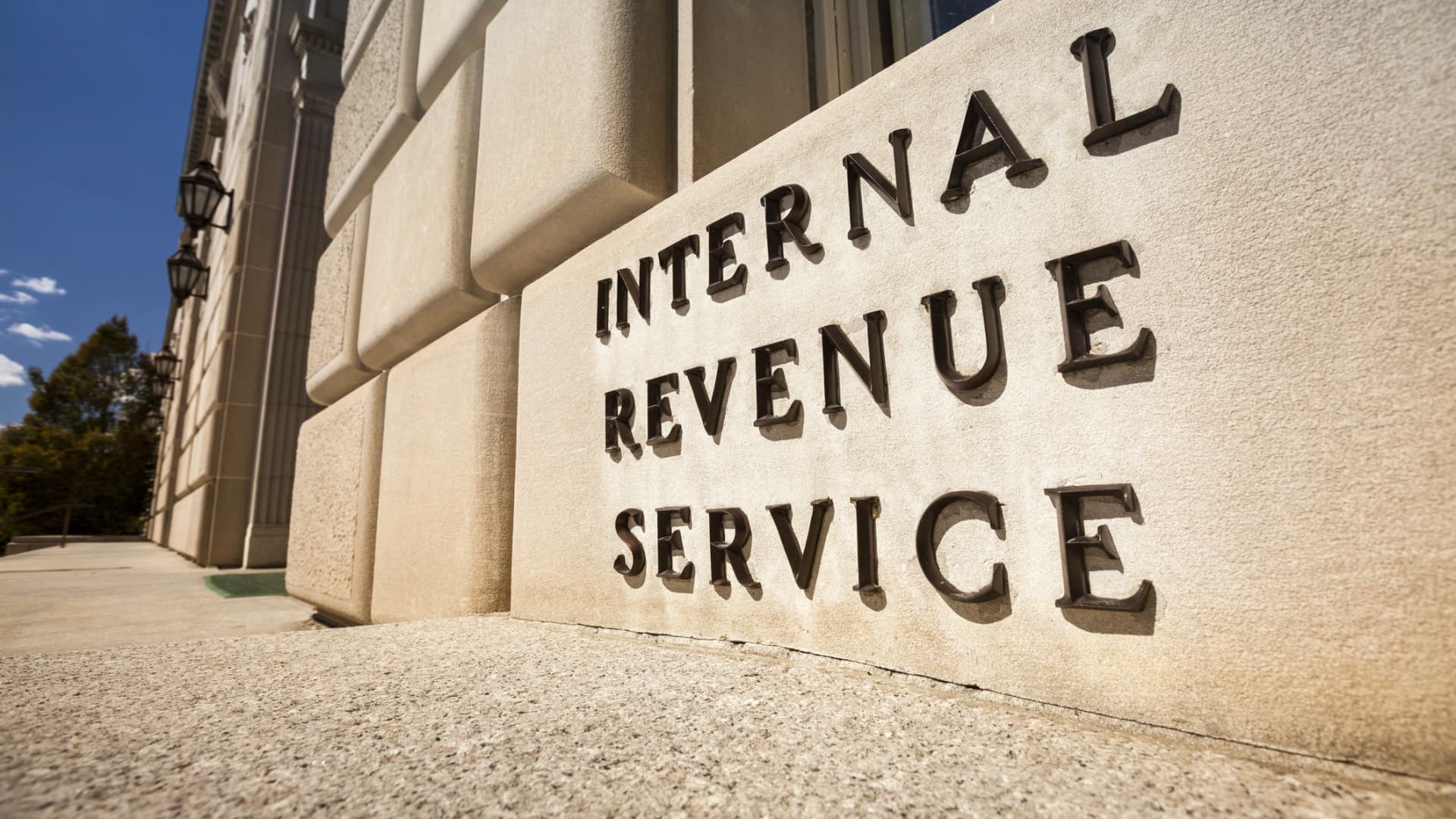The IRS has announced new 401(k) contribution limits for 2025.
In its release Friday, the agency increased the employee deferral limit to $23,500, up from $23,000 in 2024. The change applies to workplace plans, including 401(k)s, 403(b)s and most 457 plans, along with the federal Thrift Savings Plan.
The IRS also unveiled 2025 catch-up contribution limits for savers age 50 and older, individual retirement account savings limits and higher income thresholds for Roth IRA contributions.
More from Personal Finance:
IRS announces new federal income tax brackets for 2025
The IRS unveils higher capital gains tax brackets for 2025
IRS announces bigger estate and gift tax exemption for 2025
Starting in 2025, the 401(k) catch-up contribution limit will remain at $7,500 for savers 50 and older. But investors aged 60 to 63 can instead save an extra $11,250, based on changes enacted via Secure 2.0. Both amounts are above the $23,500 deferral limit for 2025.
In 2023, only 14% of employees deferred the maximum amount into 401(k) plans, according to Vanguard’s 2024 How America Saves report, which included data from 1,500 qualified plans and nearly 5 million participants.
Across plans, the average 401(k) deferral rate was an estimated 7.4% in 2023, according to the same report. The combined savings rate, including employer contributions, was 11.7%, Vanguard found.
The IRS announcement comes roughly one week after the agency unveiled dozens of inflation adjustments for 2025, including federal income tax brackets, higher capital gains brackets, a bigger estate and gift tax exemption, changes to eligibility for the earned income tax credit, among others.
